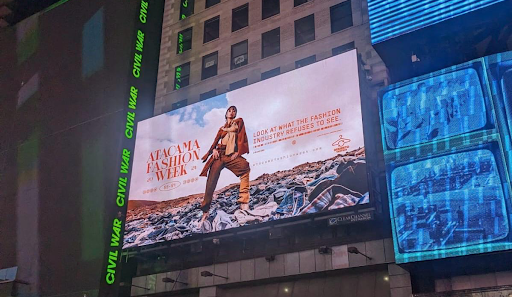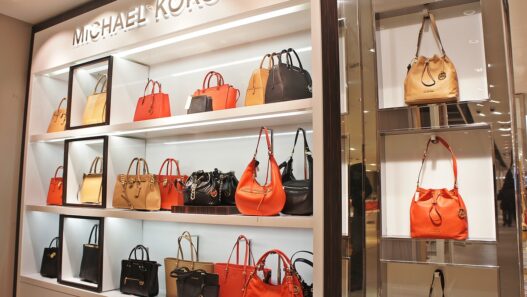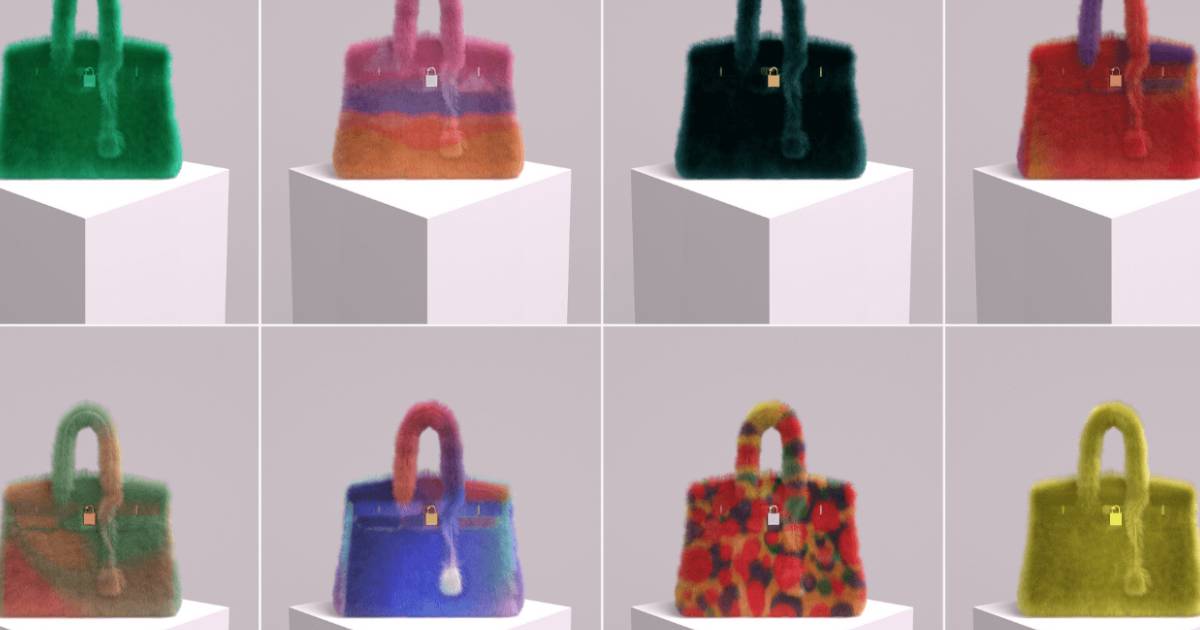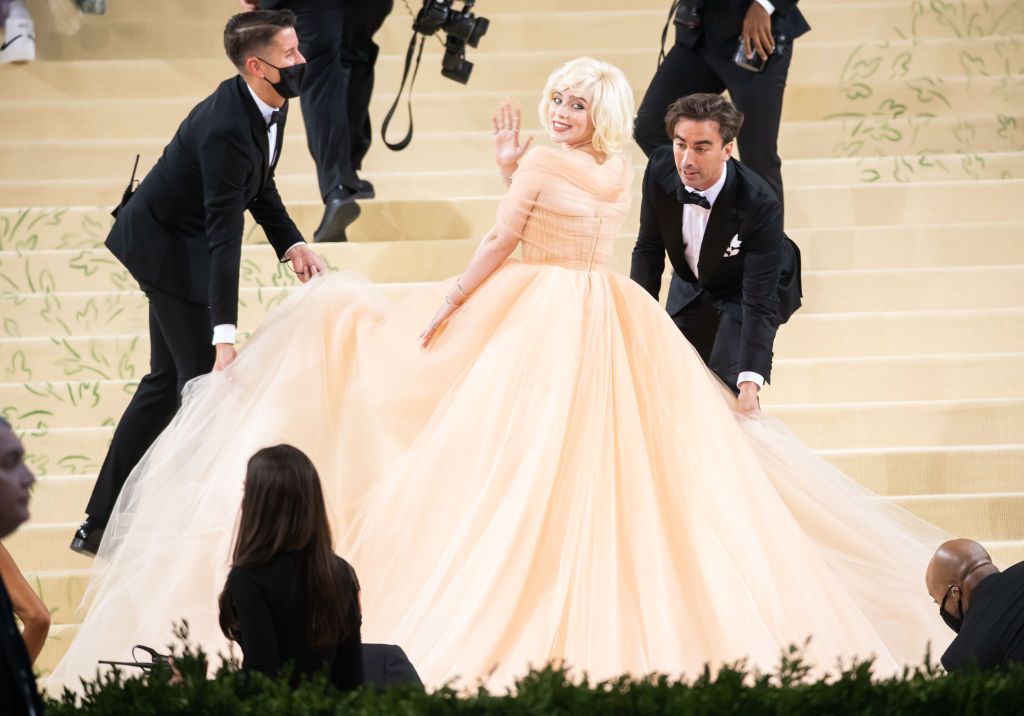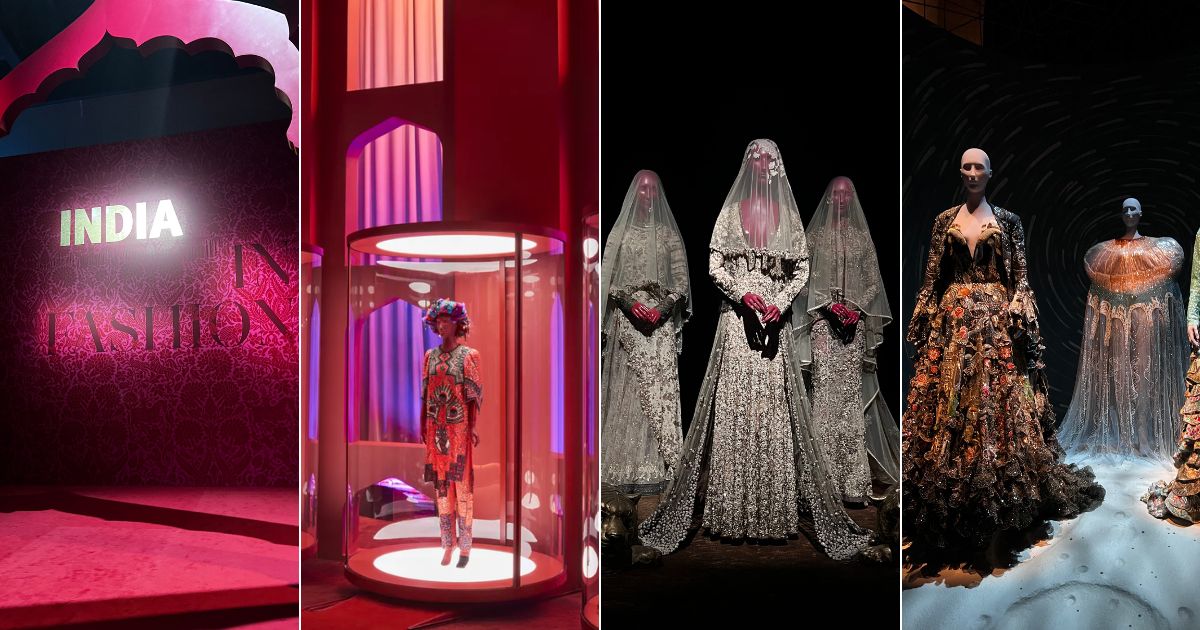A Manhattan federal jury on Wednesday concluded that artist Mason Rothschild’s non-fungible token (NFT) versions of the famous Hermès’ Birkin bags violated the French fashion house’s trademark rights. Here’s a summary of this important judgment:
- Background of the case
In December 2021, artist Mason Rothschild released his collection of 100 furry digital handbags titled “MetaBirkins,” a name that serves as a nod to the iconic Hermès Birkin handbag. Rothschild said his new series was “inspired by the acceleration of fashion’s ‘fur-free’ initiatives and embrace of alternative textiles.”
By January 2022, the collection made over $1 million in sales and Hermès sent a cease-and-desist letter demanding that Rothschild stop selling the NFTs. Rothschild responded via Instagram to the cease and desist letter, stating that his work was protected under the First Amendment.
Hermès sued Rothschild in the U.S. District Court for the Southern District of New York, alleging unlawful use of its HERMÈS trademark, BIRKIN trademark, and BIRKIN trade dress. The brand argued that Rothschild’s unauthorized use of its intellectual property would undoubtedly lead to consumer confusion.
Rothschild moved for dismissal of all claims, arguing that his “MetaBirkin” works are protected artistic expressions under the Second Circuit’s 1989 Rogers v. Grimaldi test. Under Rogers, users of a trademark are protected from infringement claims if their use both (1) is an artistic expression and (2) does not explicitly mislead consumers.
Hermès opposed the dismissal motion, arguing that the Rogers v. Grimaldi test does not apply because Rothschild’s use of “MetaBirkin” in connection with the sale of the NFTs at issue was not “artistic expression,” and that the court need only apply a traditional likelihood of confusion analysis under governing law.
In May 2022, the court denied Rothschild’s motion to dismiss. The court later denied Rothschild’s motion to certify this decision for interlocutory appeal. On December 30, in an oral ruling from the bench, the court denied both parties’ motions for summary judgment, setting the case for a jury trial.
- Legal Issues
The jury was tasked with determining the following legal issues:
1) Whether Rothschild was liable for trademark infringement, and specifically, whether Rothschild’s use of the Birkin name and/or the handbag’s distinct visual appearance is likely to confuse potential consumers into thinking that the “MetaBirkins” NFTs are made and sold or otherwise connected with, associated with, sponsored by or approved by Hermes.
2) Whether Rothschild was liable for trademark dilution, using various factors including the similarity of Rothschild’s use of the Birkin mark to Hermès’ use of the Birkin mark, the strength of the Birkin mark, the degree to which the Birkin mark is widely recognized, any intended associations with the Birkin mark, and any actual association by consumers of the “MetaBirkins” NFTs with the Birkin mark.
3) Whether Rothschild was liable for cybersquatting, through his use of the domain name for his website https://metabirkinscom.
4) Whether Rothschild is protected from liability on any claim because, in creating the “MetaBirkins” NFTs, he engaged in artistic expression protected by the First Amendment to the U.S. Constitution
- Significance of this case for the fashion, creators and meta industry.
The “MetaBirkins” case is one of the first major cases involving the interaction of real-world trademarks with the “metaverse.” This case could set the stage for how trademark law affects NFTs and any digital assets relating as they relate to fair use and free speech. Additionally, increasing innovation in the metaverse will present new questions that the court has not addressed in the “MetaBirkins” trial.
Many fashion houses have released officially licensed NFTs, including Louis Vuitton, Gucci, Givenchy, and Burberry. Hermès argued that consumers were therefore likely to believe that Rothschild’s project was sanctioned by or otherwise associated with the Hermès brand. Therefore, unlike traditional art displayed in galleries, artists and brands may be seen as competitors in the virtual world if they attempt to operate under the same or conflicting names.
For artists, the “MetaBirkins” case serves as a reminder that it was not the creation of art, but rather the way that it was branded and packaged to consumers that was of concern.
- Key points in the case
Lawyers for Rothschild argued that he was commenting on alleged animal cruelty involved in the production of leather goods and should be protected by the right to artistic expression under the First Amendment. Rothschild made the analogy with Andy Warhol’s famous silk-screen prints of Campbell’s soup cans, stating that his NFT project was an “artistic experiment” that examined how society places value on status symbols.
Hermès’ lawyers argued that Hermès has plans to enter into the NFT space and that Rothschild harmed their ability to break into that space through his creation of the “MetaBirkins” NFT. Hermès’ lawyers also presented a series of text messages as evidence that Rothschild wanted to “create the same exclusivity and demand for the famous handbag,” an even stated they were “sitting on a goldmine,” in one text.
Rothschild’s lawyers maintained that Hermès’ challenges “[did not] come close to clearing the high bar of the First Amendment.” They also attempted to paint Rothschild as a small, independent artist with humble beginnings.
Nonetheless, the jury found that artist Mason Rothschild’s unauthorized “MetaBirkins” were likely to confuse consumers. The verdict returned by the jury awarded $133,000 in damages to Hermès – consisting of $110,000 of estimated profits from the sale of the NFTs and $23,000 for cybersquatting for registering the domain metabirkins.com.
- What to expect
As a federal district jury trial, the “MetaBirkins” case has not necessarily established any legal precedent. Even if it had, the Supreme Court is set to hear a landmark case on the subject of trademark laws and artistic license next month in Jack Daniel’s v. VIP Products, pitting the popular whiskey manufacturer against a dog toy company that sold squeaking miniature bottles Jack Daniel’s with dog-related puns.
Although Rothschild has hinted that he intends to appeal the “MetaBirkins” decision, for now, brand owners can take the “MetaBirkins” decision as initial guidance on the blurred lines between what constitutes art and consumer products. The outcome of the “MetaBirkins” case is a win for brand owners, suggesting that intellectual property rights should apply and be enforced–whether in the real or digital world.
Note: Views expressed are of the authors. The article is intended to give a summary of the case to readers and shouldn’t be considered legal advice.



